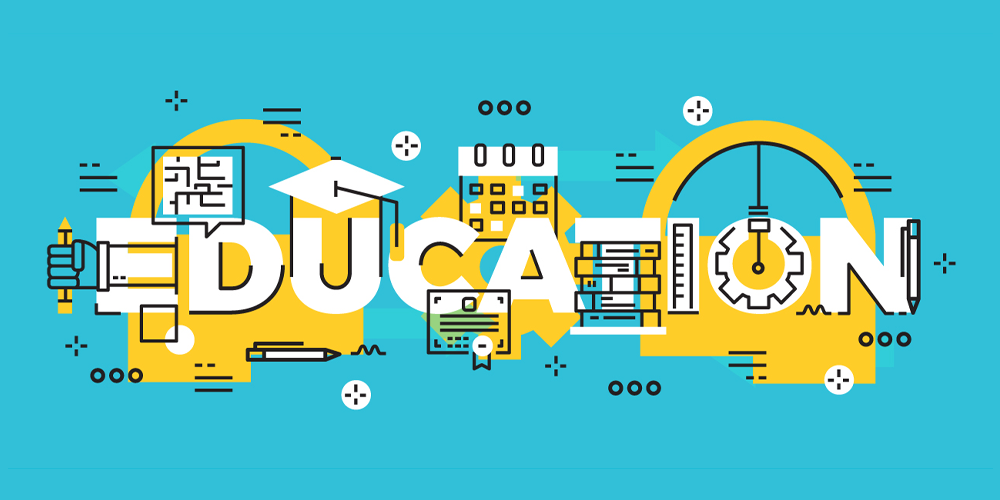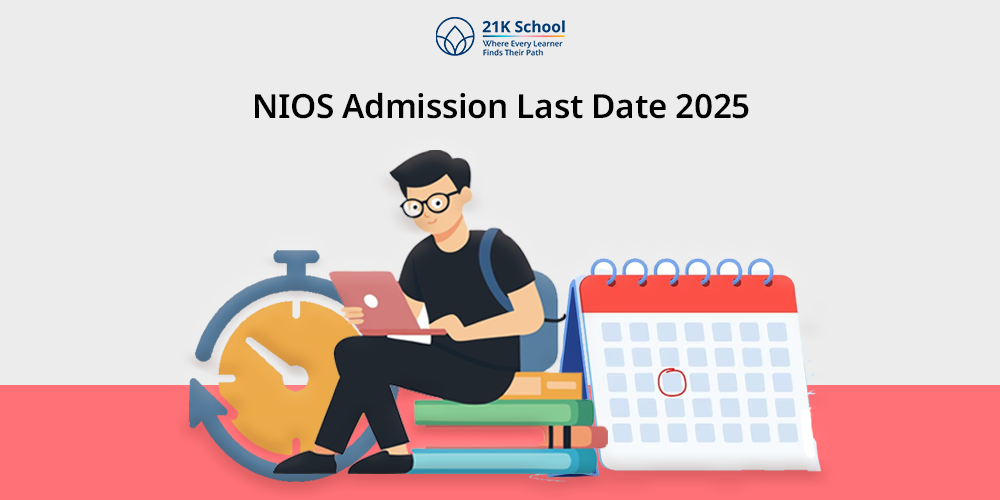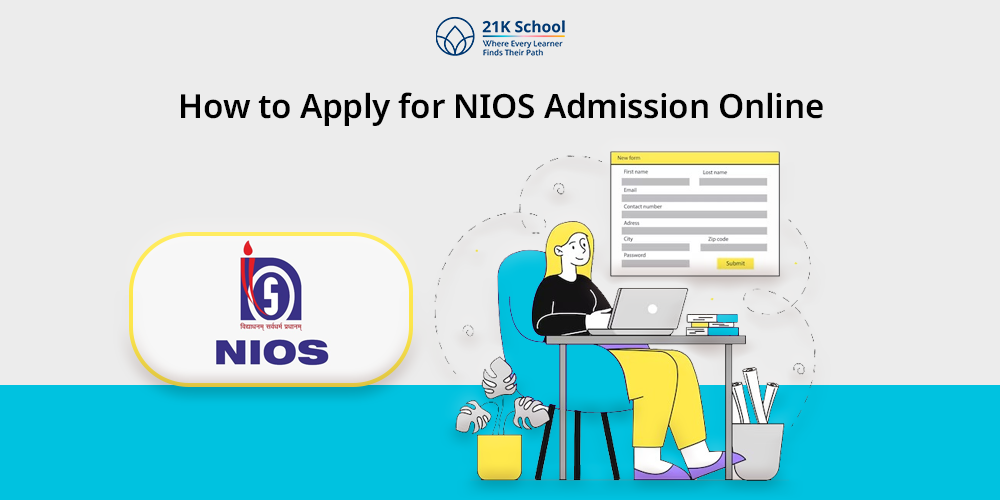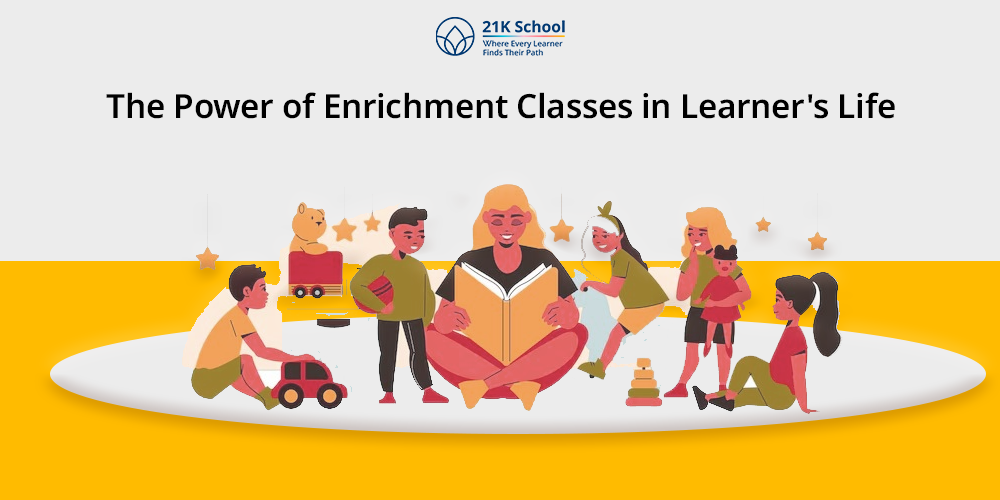
What is skill based learning ?
Is it just about “skills”!
Education is in a transition era in society where it has been noted that social changes have shifted to be in line with the fast rates. Traditional academic systems, with their focus on lectures, textbooks, and exams, are being supplemented by a new and innovative approach: skill-based education.
The type of learning that is provided in this formulation can be useful and get the student ready for the workplace and equip the student with real live encounters.
It was while looking for a mechanism through which learners could improve their chances in the specific areas of their interest with regard to their chosen courses and careers that suit based education came handy.
Skill based education as defined means a system whereby education and training focus more on performance skills as opposed to academic knowledge.
Indeed, it is an ideal learning model aimed at ensuring that learners attain competency that corresponds to jobs in different sectors.
It involves practical sessions because it will enable students to apply the knowledge they get from classroom and other lectures through projects, vocation training, internship, education and so on.
Picture this: a student who sits in a class and listens to a teacher telling them that business management is the theory of management, as opposed to a student who has his or her own ‘business’ to manage where he or she will encounter real-life problems that have to be solved.
Out of the two, which do you think will learn more?
The answer is simple: the one who learns by doing. This is the beauty of skill based education.
Consequently, skill-based education is a departure from traditional education where the student is trained to memorise content and does not receive tools, knowledge, and skills required in the task or job.
It is to do with operational experience, activities, exercise and implementation of ideas in some way. To students, this implies acquiring appropriate competencies to make them marketable and to parents it means having confidence that their child is ready for the world.
Table of Contents
- Why Skill-Based Education is Crucial in Today’s Era
- Key Characteristics of Skill-Based Learning
- Importance of Soft Skills in Skill-Based Education
- Courtney’s Skill-Based Education Tips
- Advantages of Skill-Based Education
- Disadvantages of Skill-Based Education
- Examples of Skill-Based Education in Practice
- Skill-Based Learning vs Knowledge-Based Learning
- Strategies for Implementing Skill-Based Education
- Developing Effective Skill-Based Learning Programs
- The Future of Skill-Based Education
- Industry Partnerships and Their Importance in Skill-Based Education
- How Skill-Based Education Prepares Students for Entrepreneurial Ventures
- Challenges Faced by Schools in Implementing Skill-Based Education
- Global Trends in Skill-Based Education
- Conclusion
Why Skill-Based Education is Crucial in Today’s Era
Adapting to Changing Job Markets
The competition for jobs has drastically shifted over the recent past. Traditional positions are disappearing through automation or are being replaced by new ones that demand peculiar qualifications.
There are a number of flourishing industries such as technology, healthcare and digital marketing that require skills that can hardly be taught in any class.
In this context, skill-based education is an innovation. Students attain job readiness by enhancing on aspects that the employers are looking for in the tomorrow job market.
For instance, coding, data analytical work, digital marketing and project management are simple examples of skills that are applicable in many markets.
Developing Practical Skills Over Theoretical Knowledge
Where the conventional approach to schooling is mostly writing, homework, and tests, skill-based education concentrates on teaching skills, intelligence, and approach.
Employers get impressed with such skills because they have a direct bearing on job performance. In respect to students, this means them being able to work on projects and not cram for tests as they immerse typified work settings.
Key Characteristics of Skill-Based Learning
Hands-On Learning
Students engage in projects and activities that require them to apply knowledge practically. They basically look for more interactive options, when it comes to learning.
Industry-Relevant Skills
The focus is on skills that are in demand by employers, ensuring that students are job-ready.
Nowadays skills make you relevant in industry, with experience what comes is the skill that you have learned and the connection that you have made.
Continuous Feedback
Instead of traditional exams, students receive ongoing feedback and mentorship to help refine their skills.
Flexibility and Adaptability
Skill-based learning adapts to the needs of the student and the industry, making it dynamic and up-to-date.
Importance of Soft Skills in Skill-Based Education
The curriculum that is followed at the skill-based education predominantly concerns the technical skill of the learners; at the same time, it is imperative not to neglect soft skills.
We consider essential competencies which include communication, teamwork, problem-solving, and adaptability to play an essential role in every employee.
Managers therefore consider these competencies to be as important if not even more important than technical skills.
The first is assertiveness, the second is sensitivity to pace and the third is communication skills; all of which are developed through group projects, presentations and activities that involve teamwork.
Therefore, students end up being elaborate professionals in their respective fields and are capable of rising to challenges that face corporations in today’s world, competently puzzled with fellow personnel, and handle managerial responsibilities.
Read on to know more about, why skill based education is more important?
Courtney’s Skill-Based Education Tips
For parents and students navigating the shift to skill-based learning, here are some practical tips:
- Explore Your Interests: Skill-based education is most effective when it aligns with a student’s passions and interests. Encourage students to try different courses and projects based on skills and interest to discover what excites them.
- Balance Theory with Practice: While practical skills are crucial, don’t entirely neglect theory. Understanding the “why” behind the “how” is essential for deeper learning.
- Take Advantage of Online Resources: The internet is a treasure trove of skill-based courses. Platforms like Coursera, Udemy, and LinkedIn Learning offer a wide variety of skill-focused classes.
- Seek Out Internships and Volunteering: Real-world experience is invaluable. Internships, apprenticeships, and volunteer work provide excellent opportunities to apply skills and build a strong resume.
Advantages of Skill-Based Education
1. Enhanced Employability
As the job competition continues to grow, having a degree is no longer sufficient to secure that dream job.
The recruitment process that is used in today’s world, employers expect people who can start to work right from the start and do their work efficiently.
Company-centred education guarantees that students acquire proper knowledge and developed skills in actual practice that, in turn, attracts employers to offer job offers to them.
2. Boosts Confidence and Self-Efficacy
When students get practical experience, when they learn new skills students have more confidence. It also leads to increased performance during interviews for employment and on the job.
The students who are confident in their ability to take the leadership roles and fully address any challenges that may come.
3. Encourages Lifelong Learning and Continuous Improvement
The fast changing technology environment suggests that people skills required today might be irrelevant in the following year.
Vocational learning leads to a lifelong learning attitude, whereby students practise learning new skills throughout his or her career.
This flexibility is particularly important in today’s business environment that is best characterised by its uncertainty.
Disadvantages of Skill-Based Education
1. Limited Scope of Knowledge Acquisition
On the one hand, skill-based education can help inculcate specific competencies successfully, which are, however, likely to be much more limited than knowledge-based education.
Students can become very well versed in specific activities, although they can have a weak general view about some other area that can be disadvantageous in the job market with diverse kinds of tasks.
2. Overemphasis on Short-Term Job Skills
Emphasis on specific skills that are necessary for the immediate job opens opportunities of excluding other important skills which are not easily taught such as interpersonal and communication skills, teaming and leadership skills.
These skills are career progressive in nature and could be gained through wider learning experience as opposed to knowledge based.
3. Challenges in Standardization and Assessment
Compared to traditional style education where performance is easily gauged from standard tests, skill based performance is comparatively profound. This may result in inconsistencies in evaluation of students’ skills which in turn have an impact in the believability of the assessments made.
Examples of Skill-Based Education in Practice
1. Real-World Applications in Education
Academic skills-centred education is slowly but surely being adopted by learning organisations around the globe.
For instance vocational schools have courses such as carpentry, plumbing and cooking among others which are highly practical with many projects.
Likewise, coding boot camps offer intensive and practical training that plugs their students into software development jobs in a few months.
2. Integration of Technology in Skill-Based Education
Technology has transformed skill based learning education.
Khan Academy and Skillshare websites present courses that are detailed with individual actions, skills that they may cover include graphic design, digital marketing.
Virtual labs and simulations mean that students can practise in a safe manner which can only improve the learning process.
Skill-Based Learning vs Knowledge-Based Learning
Cognitive learning and knowledge learning are not entirely different from each other since skills and knowledge are intertwined.
Knowledge learning involves acquisition of information through lectures and other teaching tools, skills learning involves how the knowledge is put to practice.
Both are necessary in creating balanced civilisation in which the student earns both theoretical knowledge and the application of the same.
| Aspect | Skill-Based Learning | Knowledge-Based Learning |
| Focus | Emphasises practical skills and real-world application. | Emphasises theoretical knowledge and conceptual understanding. |
| Learning approach | Experiential, hands-on, and project-based learning. | Lecture-based, memorization, and textbook-oriented learning. |
| Assessment | Performance-based, using projects, portfolios, and tasks. | Exams, quizzes, and standardised tests for assessment. |
| Curriculum Design | Flexible and often tailored to industry needs and trends. | Structured and follows a standardised curriculum. |
| Skill Development | Prioritises development of practical and soft skills. | Prioritises mastery of facts, theories, and concepts. |
| Teaching Method | Interactive, collaborative, and learner-centred. | Interactive, collaborative, and learner-centred. |
| Outcome | Graduates with job-ready, applicable skills. | Graduates with strong foundational knowledge for further study. |
| Best Suited For | Career-focused learners, vocational training, adult education. | Academic pursuits, research, and professions requiring deep theoretical knowledge. |
Strategies for Implementing Skill-Based Education
1. Curriculum Design Focused on Skills
Therefore, to properly apply skill-based education, schools and colleges require redesigning of their curriculum.
This involves instruction through such models as the project delivery scheme, production of case studies, and access to internships.
In doing so, it is possible for educators to foster an environment that enhances students’ learning in view of the nature of workforce requirements.
2. Assessment Methods for Skill-Based Education
Many of the traditional exams do not formally capture the student learning outcomes in terms of their performance.
In skill-based education, different assessment techniques like portfolio, practical’s, and peer assessment to assess a student’s skills.
These assessments offer a better depiction of a learner’s capabilities and preparedness of the job market .
Developing Effective Skill-Based Learning Programs
As with any effective skill-based program, there must be close cooperation between educators, business, industry, and employers.
They argue that programs to be offered should be market driven basing their judgement on which skills demand is high.
Besides, they should also be flexible in structure to enable the student to study with ease while enabling him/her to select a program of study that best suits him/her career path.
Impact of Skill-Based Education on Mental Health and Student Wellbeing
After having reviewed the notion of technical vocational education and training with students and having analysed the results, it was possible to establish that technical vocational education and training, particularly skill-based education, are not only career preparation tools but also mental health and wellbeing boosters.
Students pursuing this course have to undertake practical and tangible assignments and projects. They will be in a position to accomplish them with the necessary satisfaction and fulfilment.
Rather than thinking about knowledge acquisition as a way of getting ready for an exam or as a method of memorising facts and figures, students build up their confidence through output.
This approach relieves stress and anxiety, which will enhance people’s attitude towards learning.
Especially in the given case of concentrating on particular skills that students are interested in, it is possible to motivate them, help them to feel confident and to receive a healthy attitude toward classes.
The Future of Skill-Based Education
Thus, with the emerging new forms of work environment, skill based education seems inevitable to be the new paradigm in the global work setting.
This means that with the developments such as automation, use of AI and remote working, specific skills are likely going to be more valued in the future.
This will place greater pressure on education institutions in order to ensure that they provide skill based training programs which directly relate to the requirements of the future job market.
Industry Partnerships and Their Importance in Skill-Based Education
Perhaps, the best strategy of introducing skill-based education is through the corporate world collaborations. Working with businesses and leaders of industries helps educational institutions create programs that meet the demands of workplaces.
These partnerships mostly produce internships, apprenticeships, and employment opportunities for students thereby bridging the gap between learning and the real world.
Industry professionals can also come to the class and give guest lectures and workshops and become student mentors to give the students a look at the present.
Through such partnerships, collaborations the employability of the students is enhanced and the opportunities acquired in the course relate to the industry making them applicable to the current and future graduates.
How Skill-Based Education Prepares Students for Entrepreneurial Ventures
Skill based education not only trains the students for the original jobs but also endows the students with abilities to carve out their own niches.
Skills included in skill-based programs are problem solving, critical thinking, management and financial skills which are representative of entrepreneurial skills.
Through the implementation of hands-on projects the students get an understanding of how to create a business idea, come up with an idea for the product or service to be produced, and how to bring such to the market.
It is especially valuable in today’s business circumstances where freelancing and own-business employment appear to be the most suitable choices.
Challenges Faced by Schools in Implementing Skill-Based Education
However, there are many benefits of skills-based education; still, schools encounter many problems in delivering skills education. However, there is a large problem of curriculum modification that is time-consuming, costly, and that needs the cooperation of the experts of the industrial sectors.
Also there can be opposition from teachers who have not been trained in using such methods to teach or to give tests. Another difficulty is that not all schools can afford to equip a proper learning environment, especially when hands-on experiences are necessary, with respect to certain learning subjects.
Last but not the least, utilising skillful learning along with meeting the testing criterion can be a big challenge since the current education systems are more focused towards bookish knowledge assessments.
Global Trends in Skill-Based Education
After taking a look at global trends, it is evident that a number of countries are appreciating skill-based education, as they make changes in the policy systems to adopt it.
For instance, the German and Swiss countries have had a long time ago that adopted the dual system of education where students attend classes and also have workplace practice.
In America, CTE programs are on the increase because they are intended to improve skills shortage in knowledgeable sectors such as the technology and health sectors. In India, the government launched a campaign called Skill India that aims to impart skill development training to millions of youths.
These tendencies suggest the significance of skill-based education as the most effective policy for economic growth and employment generation process on the global scale.
Conclusion
This change in the education system is giving students employable skills and preparing them for life situations as they are after the learning process.
Although I can see some downsides to this approach, the advantages are much greater if this method is used parallel with conventional schooling. Parents, students and all those who are in search of a good future need to welcome skill based education as the way forward.



